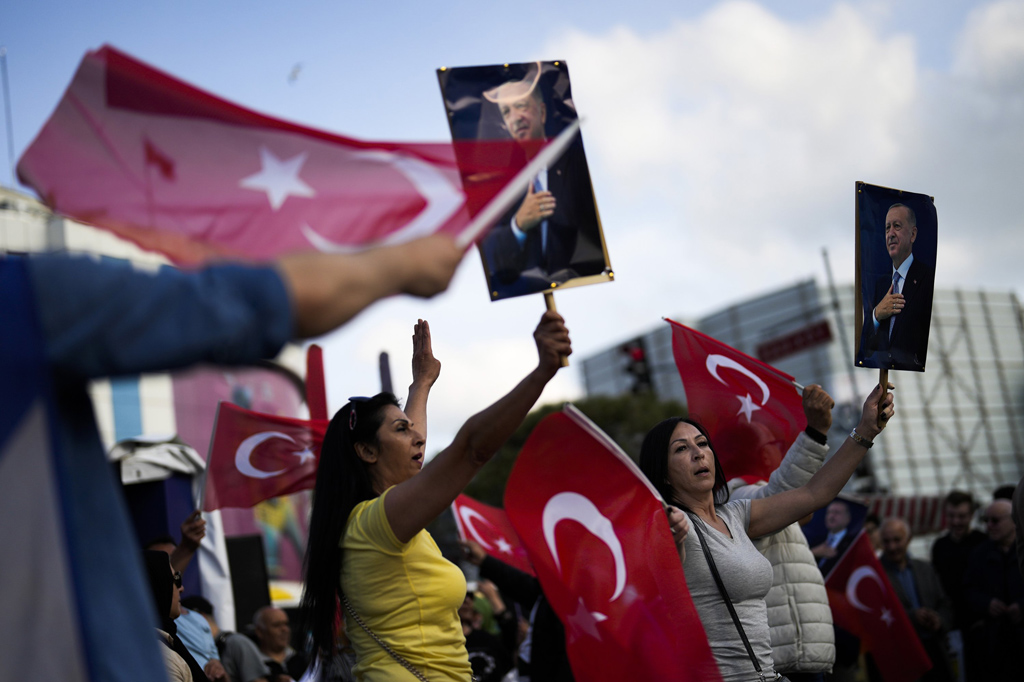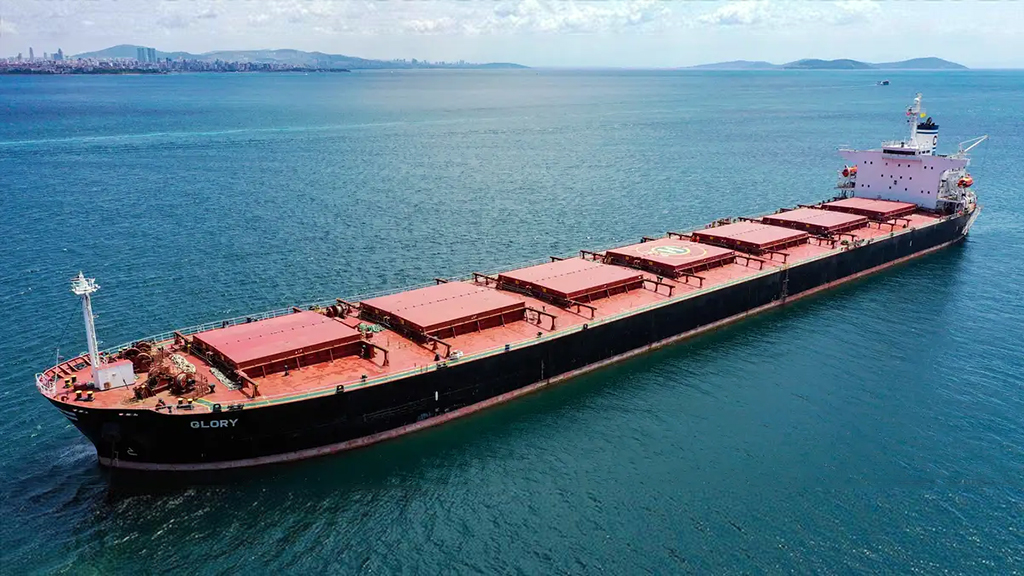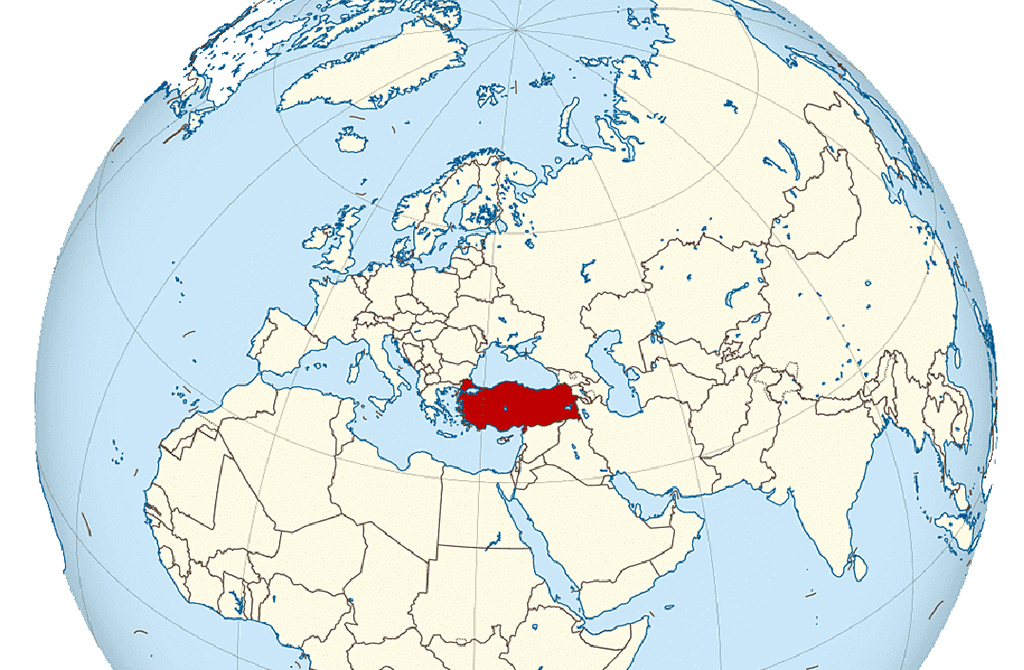
Türkiye builds regional stability axes
Türkiye has continued where it left off after the last presidential and parliamentarian elections. The Turkish political leadership has been continuously struggling to increase its strategic autonomy in international politics and to build different axes of stability in regions, reflecting its multilateral foreign policy understanding. When looking at the most recent visit to Ankara and Turkish visits to other countries, we can see that Türkiye will continue to invest in regionalism and minilateralism in the near future.
Share
Türkiye has continued where it left off after the last presidential and parliamentarian elections. The Turkish political leadership has been continuously struggling to increase its strategic autonomy in international politics and to build different axes of stability in regions, reflecting its multilateral foreign policy understanding. When looking at the most recent visit to Ankara and Turkish visits to other countries, we can see that Türkiye will continue to invest in regionalism and minilateralism in the near future.
Today, I will try to underline this dimension of Turkish foreign policy mainly by focusing on the foreign visits made by President Recep Tayyip Erdoğan and Foreign Minister Hakan Fidan’s speech that he delivered during the 14th Ambassadors Conference in Ankara.
Erdoğan’s foreign visit indicates this multilateral and regionalist foreign policy orientation. He conducted his first foreign visit to the Turkish Republic of Northern Cyprus (TRNC) and Azerbaijan as traditionally any Turkish president has done after every election. Then he attended the NATO summit in Vilnius, where he met with different leaders of NATO member countries. One month later, he made a three-day trip to the Gulf.
During his tour, President Erdoğan visited the most active players in regional politics, namely Saudi Arabia, Qatar and the United Arab Emirates (UAE). And last week, he paid an official visit to Hungary, where he met with several leaders of friendly countries and the officials of the host state.
Similarly, Foreign Minister Hakan Fidan's visits and political discourse show regionalism and minilateralism in Turkish foreign policy. When looking at the foreign policy vision of Fidan, we see that a region-oriented perspective dominates his foreign policy understanding.
After emphasizing the independence of Turkish foreign policy “from all spheres of influence,” Minister Fidan pointed out that Türkiye attempts to become “the center of attraction in its region.” Fidan then underlined the leadership of Erdoğan and the vision of the “Century of Türkiye” set by him. In addition, he highlighted that Türkiye aims to strengthen “its position as an active and influential actor that sets the international agenda, sets up games when necessary, and breaks games when necessary.”
It is clear to everybody that Fidan had been closely following regional issues such as the Syrian and Libyan crises during his tenure in the National Intelligence Organization (MIT). It is natural to expect that he will continue to focus on these regional issues after becoming minister of foreign affairs. During his address to the ambassadors, he explained “establishing peace and security in the region” as one of the four basic strategic objectives of Ankara.
Tags »
Related Articles






